Capitalism Works Because Capital is a Built-in Incentive
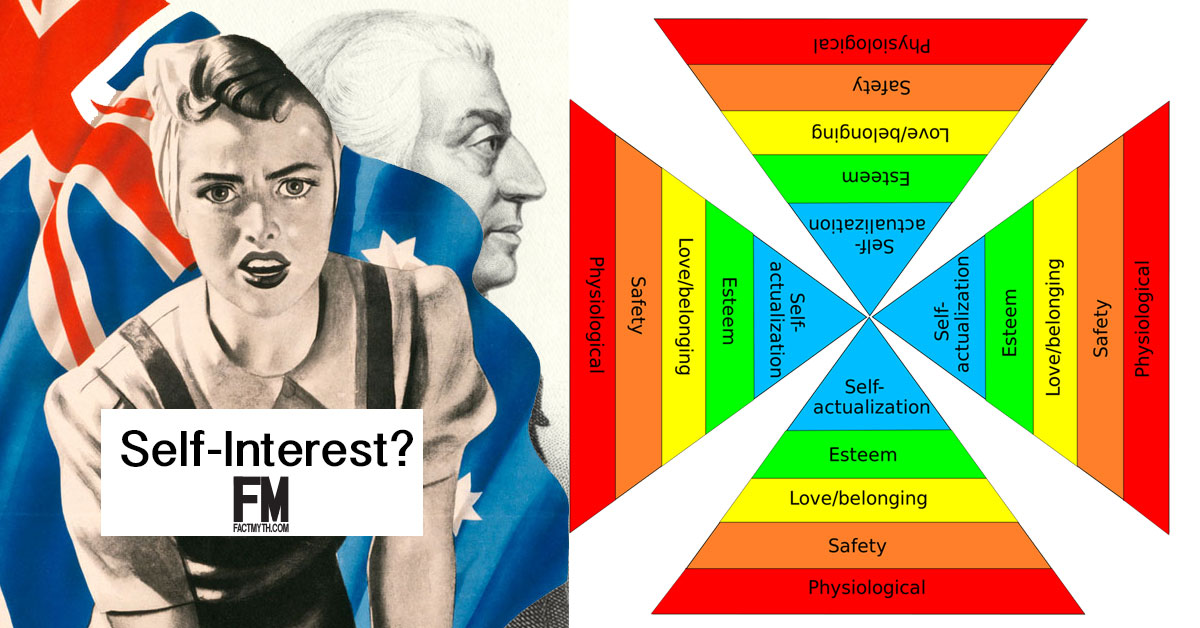
In my opinion, capitalism works because it is based on the built-in incentive of capital. In capitalism, capital itself is an ever-present motivator.
Capitalism is a system based on trade, profit, and private ownership as opposed to a system of common ownership and state control. Capitalism comes in a number of different forms, as long as individuals direct their own capital, it is capitalism.
Capitalism is to economics what democracy is to government, a system in which majority rule and individualism collide and excesses and deficiencies of liberty and equality are realized.

In my opinion, capitalism works because it is based on the built-in incentive of capital. In capitalism, capital itself is an ever-present motivator.
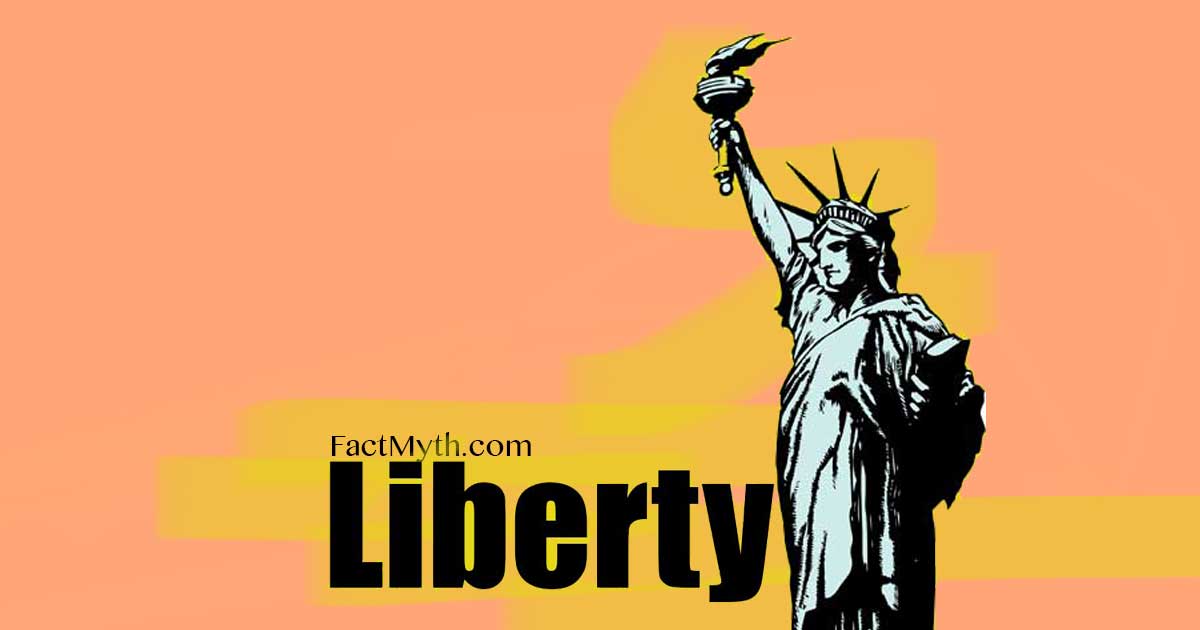
Classical liberalism is the ideology of liberties, rights, individualism, reason, and tolerance that comes in a political and economic form.
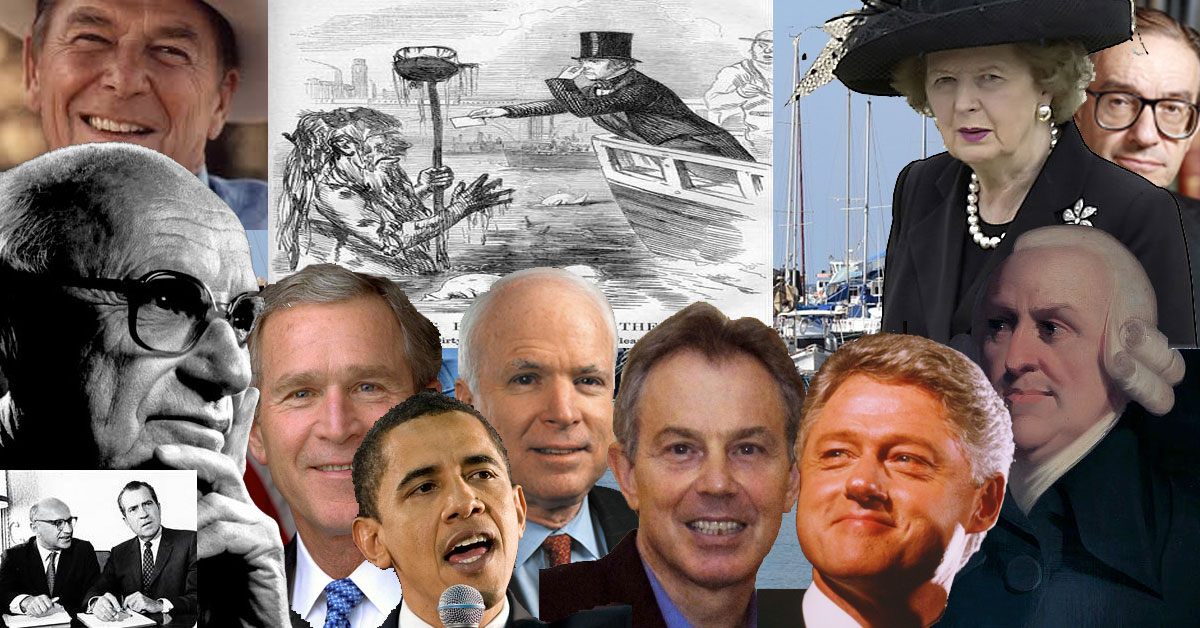
Neoliberalism is an economically-minded evolution of classical liberalism focused on deregulation, trade, and the private market. It is a “middle way” or “third way” between liberalism and conservatism.
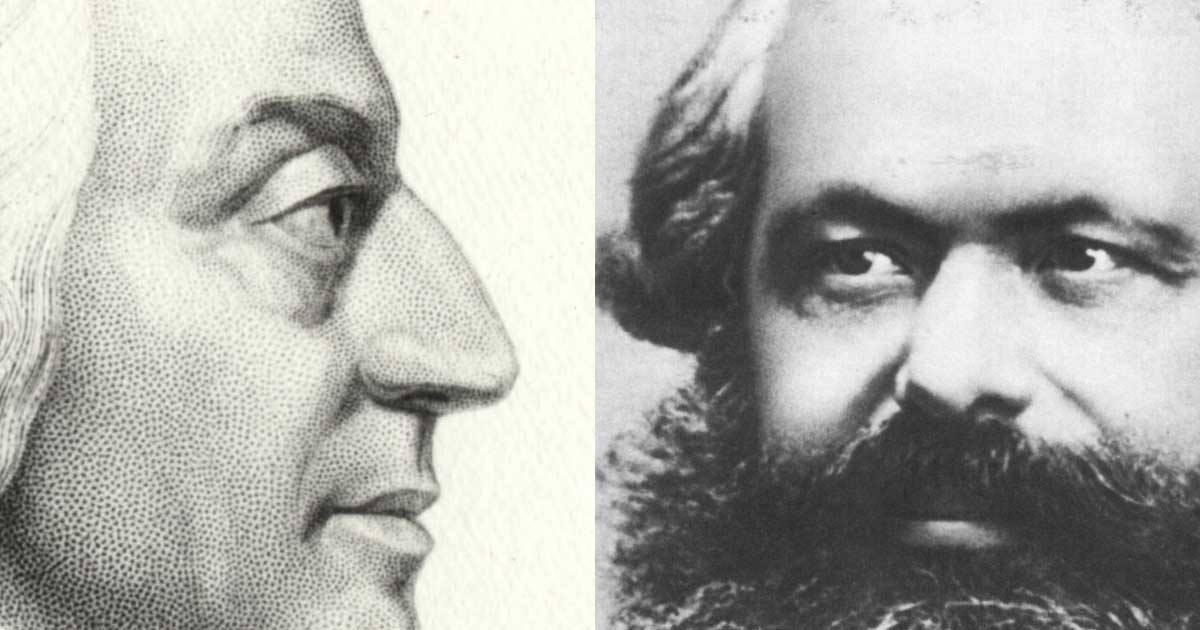
Labor and capital are economic terms that describe 1. workers and their labor power and, 2. capitalists and their material and financial capital.
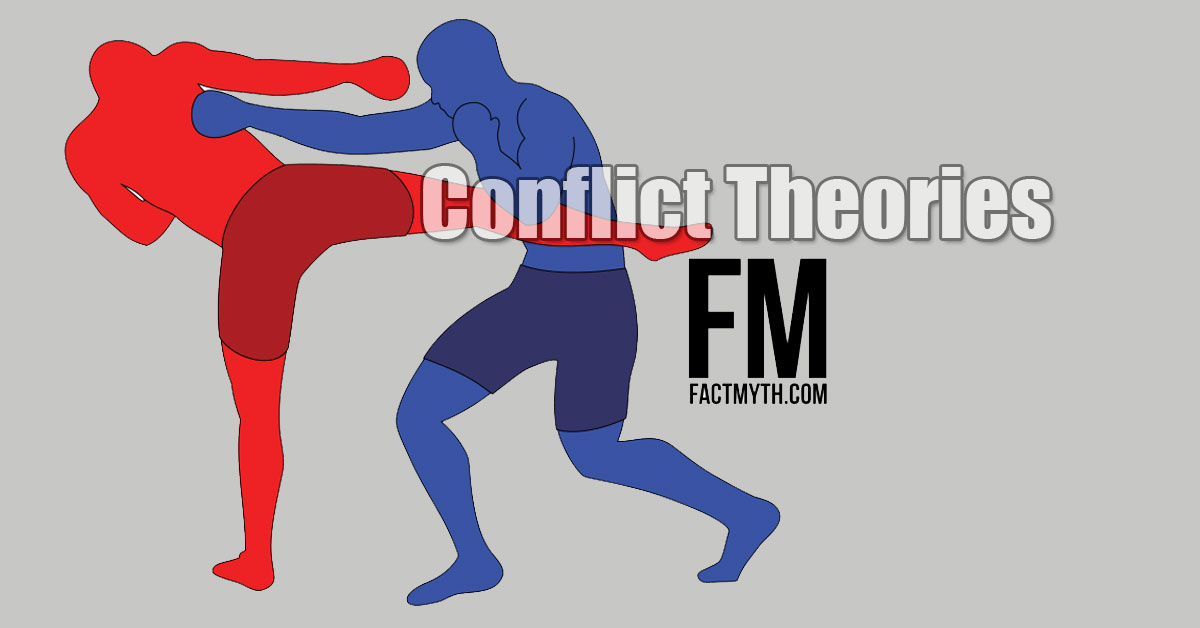
We explain Marx’s conflict theory and other conflict theories to show how tension between social, political, material, and other forces manifest.
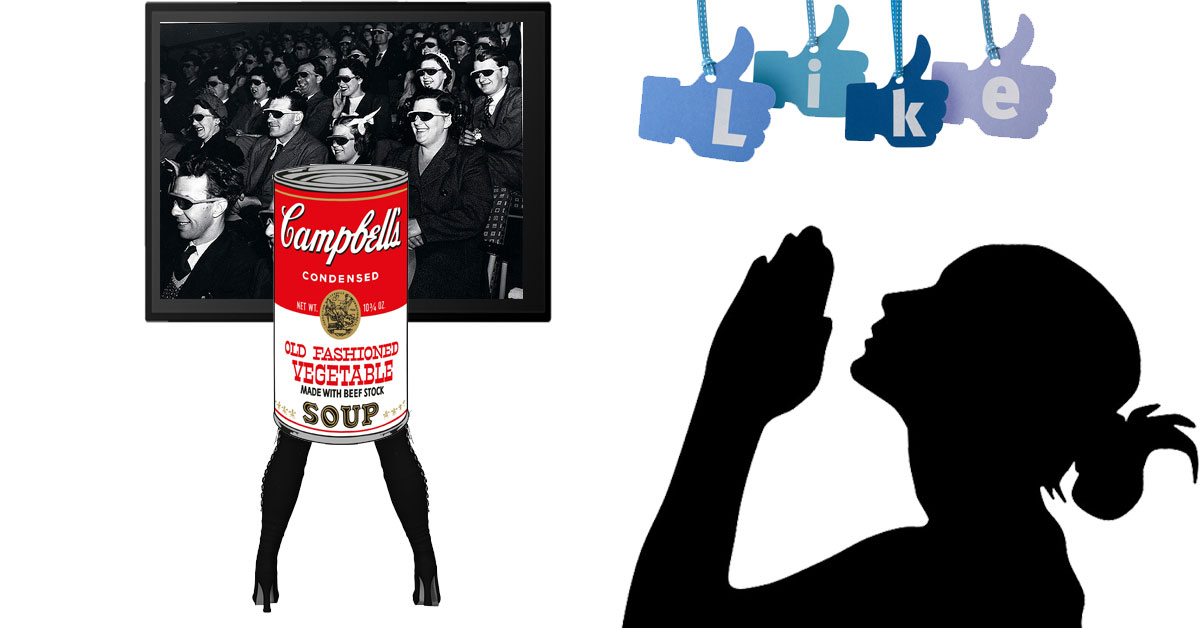
We define terms related to “the society of the spectacle” like commodity fetishism, consumerism, “proletarianization,” and alienation.

We explain the “vast-right wing conspiracy” (or right-wing strategy) that Hillary talked about in the 90s (and the left-wing equivalent).

We look at the effect of the black voter and black suffrage on the balance of political power in the two-party system.
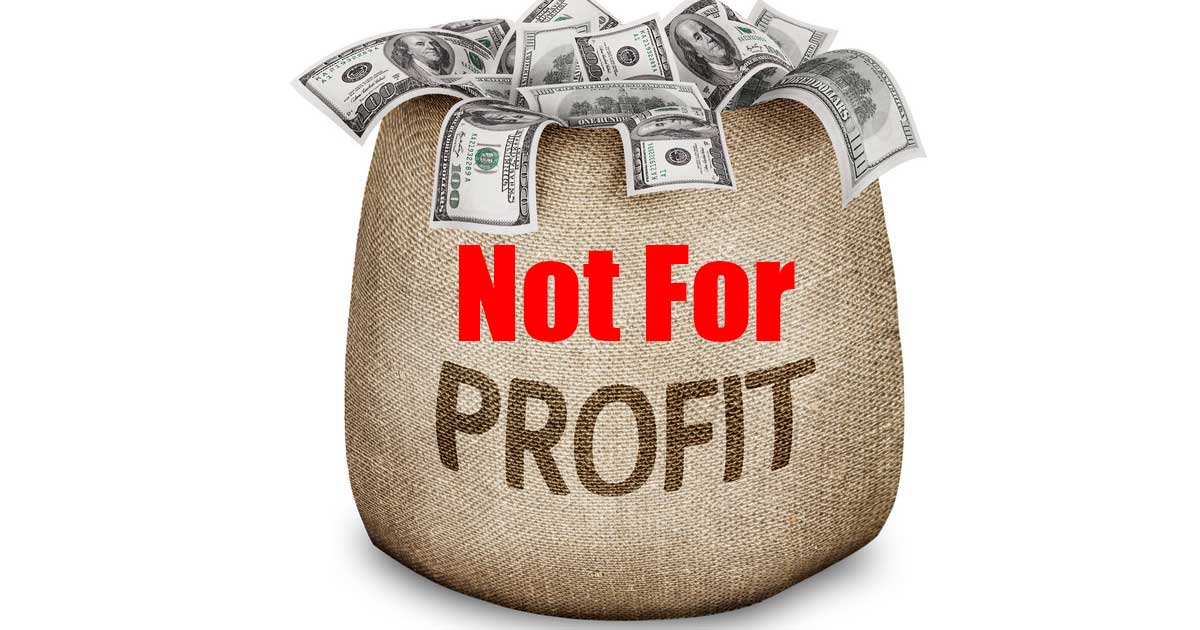
Social Capitalism can be defined as a socially minded form of capitalism, where the goal is doing social good, rather than just the accumulation of capital.
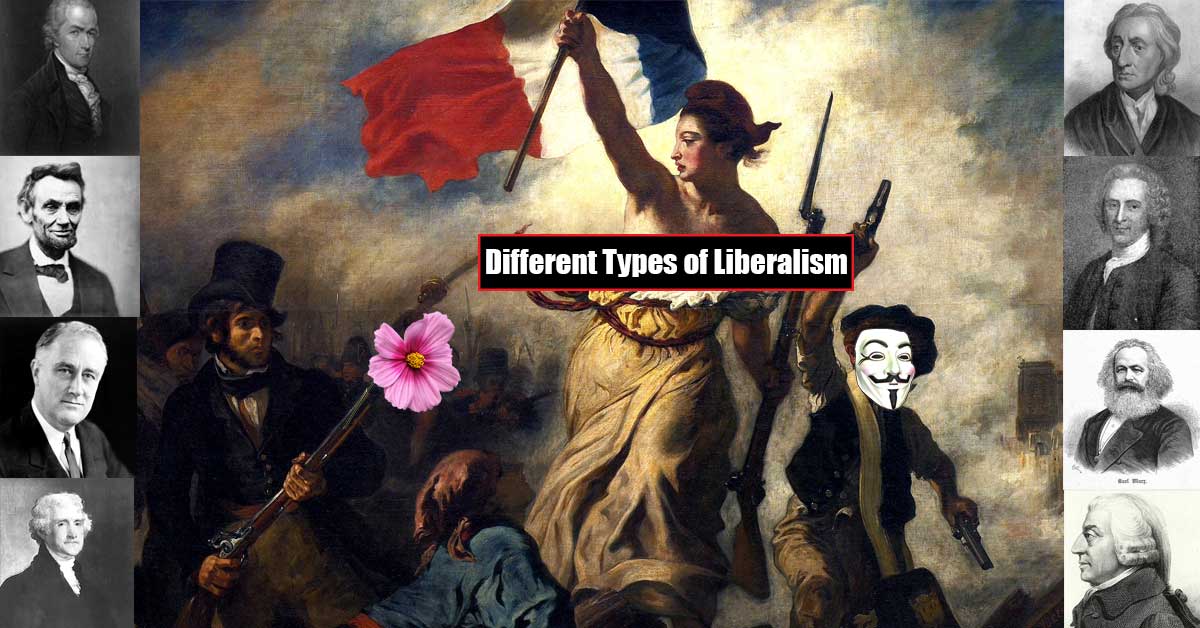
Liberalism is the political ideology of liberty and equality, where classical liberalism emphasizes individual liberty and social liberalism emphasizes social equality.